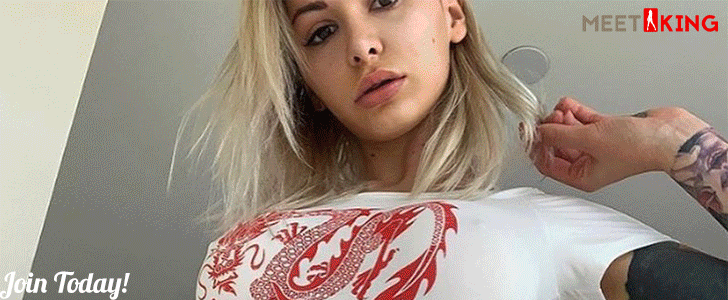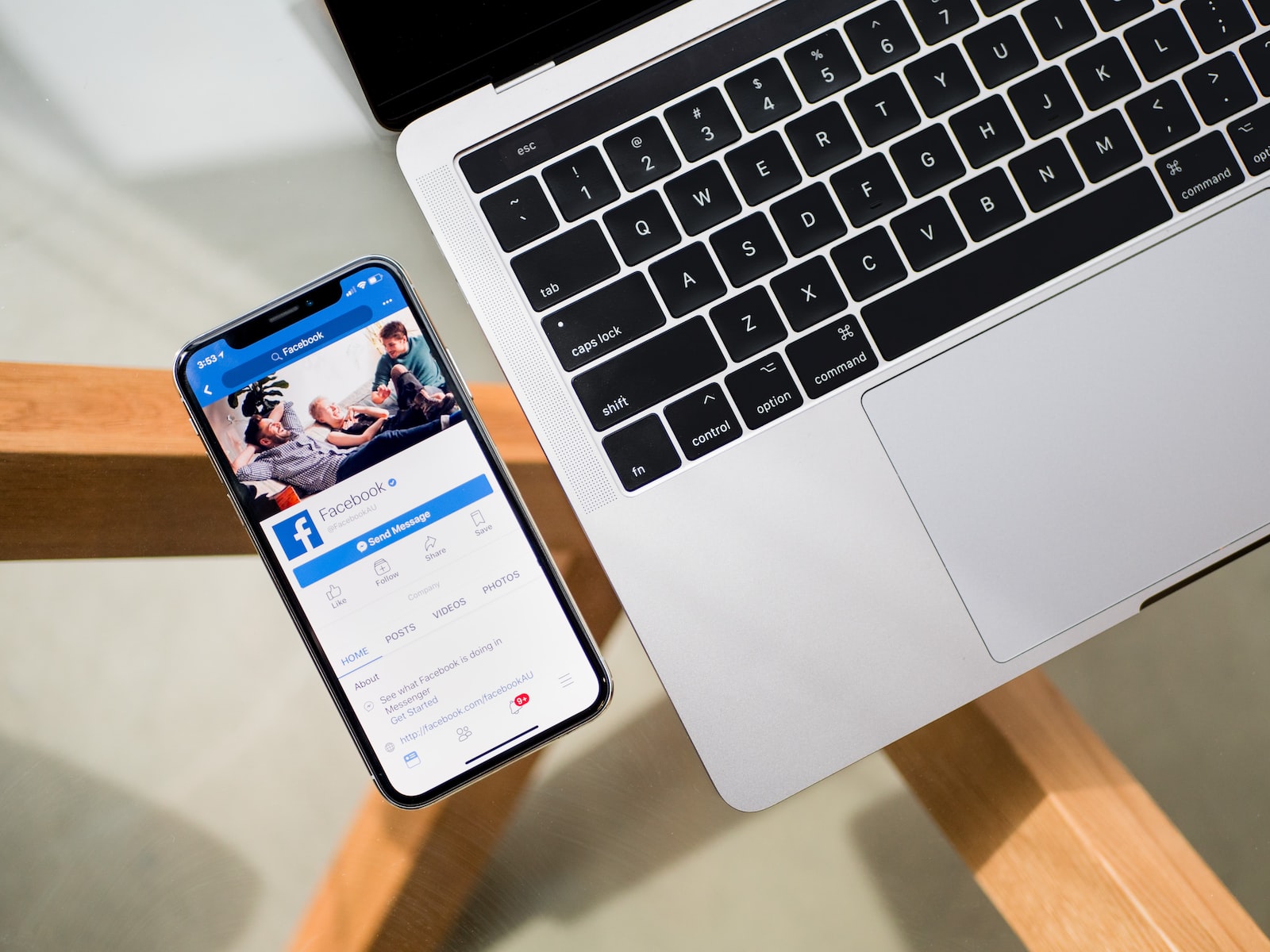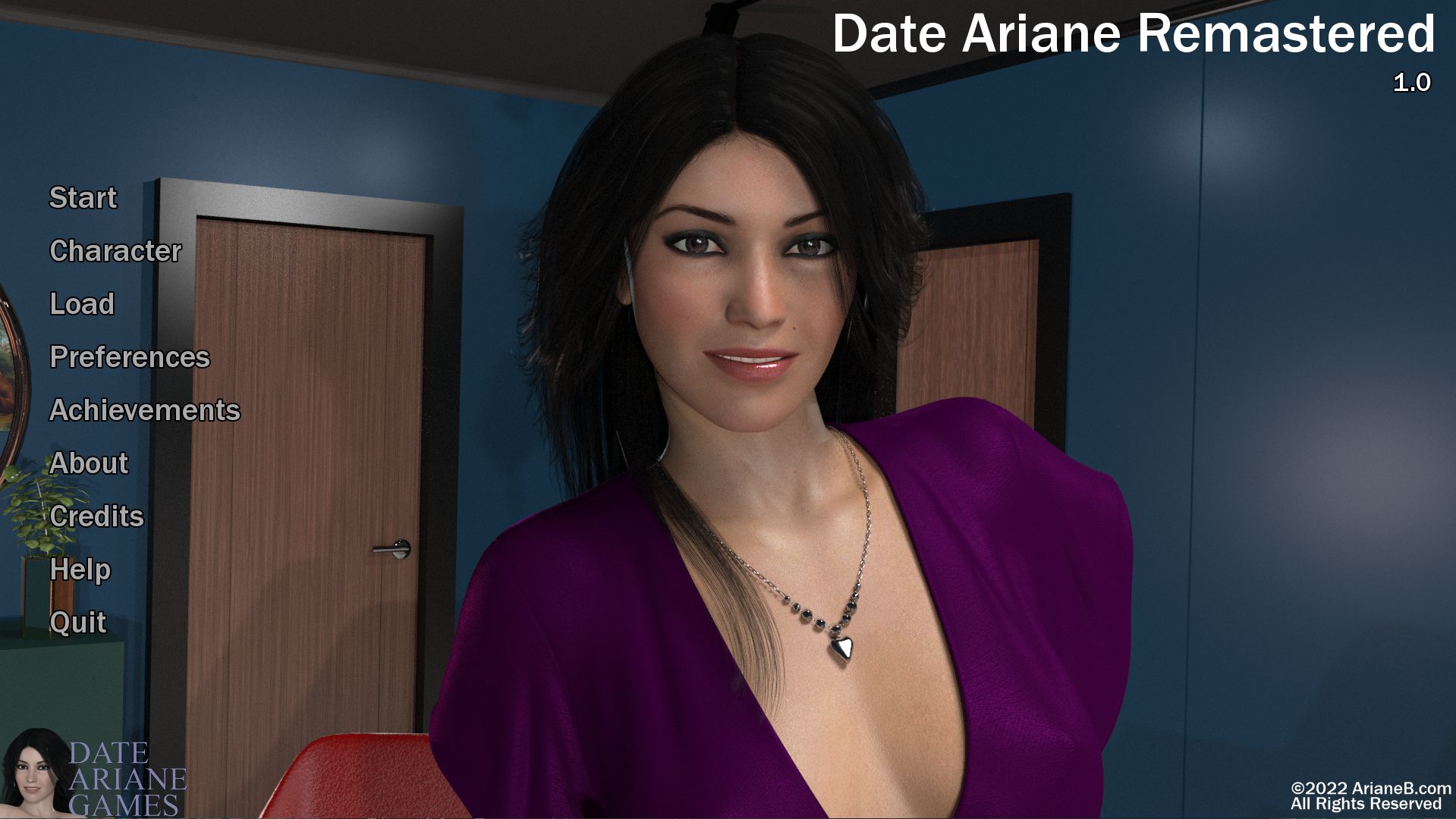I really feel moved to jot down this text as a result of of a courting scenario that happens very ceaselessly however is not defined by the easy guidelines of courting present in most books. I’ll use a case instance as an illustration.
Henry and Yvonne (not their actual names) met online. After a couple of e-mail conversations they bought collectively for espresso. They hit it off and had been quickly courting. According to Henry, they had been head over heels in love, and after six months they bought engaged. Then issues began to unravel, and Yvonne appeared to develop extra distant. Henry needed to make issues higher, Yvonne wasn’t positive. However, the thought of breaking apart with Henry stuffed her with dread. Henry had all the time handled her properly, although typically it appeared like he needed greater than she may give.
After a yr they broke up, however in a month they had been speaking once more. He needed to really feel love prefer it had been earlier than, and she or he did not need to lose the perfect factor she’d ever had. But nonetheless she wasn’t positive.
One may say that this downside was as a result of infatuation carrying off, denial and guilt pushing her into accepting the engagement, after which loneliness bringing them again collectively after the breakup.
However, this evaluation relies on one important false premise. It assumes that “in love” and “not in love” are black and white ideas, and it assumes that infatuation, if it fades, turns into “not in love.”
The reality, sadly, lies someplace in between, and it’s essential to cope with this “shades of gray” complexity if one is to achieve success in life and love.
Henry and Yvonne each felt very excessive romantic chemistry firstly, however as soon as infatuation wore off her true stage fell to “high,” whereas his remained “very high.” If her emotions of romantic chemistry had fallen to “medium” or much less, then one may say that she had fallen out of love. But in actual fact her chemistry stays “high” (although not as excessive as Henry’s). This causes her to really feel ambivalent. Maybe she will be able to discover somebody the place the chemistry is stronger, however perhaps she will be able to a minimum of not in somebody who treats her in addition to Henry does. So she is caught. She does not know whether or not to proceed with him or not. She does not need to give him false hope, however she does not need to lose him both. She does not know what to do. This drives him loopy, and he additionally does not know what to do. Her ambivalence fuels his insecurity which in flip causes him to work more durable on the relationship which in flip causes her to really feel extra confined and extra like leaving. It is a vicious circle.
This, or a variation of it, appears to happen on a regular basis, therefore the title of this text “The Prevalence of Ambivalence.”
So what is the answer? First there have to be sufficient emotional maturity to have the ability to acknowledge the issue and constructively work on it. In this instance Henry’s emotional maturity was a bit of increased than Yvonne’s, and sufficient to attempt to get a grip on the scenario.
The companion who feels increased chemistry (Henry) should patiently enable time for the ambivalent companion (Yvonne) to type out her life objectives and resolve how (or if) this relationship suits into them. This will be very laborious to do. Henry must work on his personal private progress to have the ability to deal with it. Yvonne will most likely have to date different folks as a component of her determination course of. Therefore Henry can even have to date different folks, however for various causes (his emotional well being and self safety). (No one ought to date others out of spite or revenge or an effort to make the opposite individual jealous.)
An essential half of the answer is to hunt recommendation and help from somebody who understands this kind of scenario. Friends will typically give simplistic views (“forget her'” or “move on”). This is a perfect alternative for Henry and Yvonne to get help to assist them give attention to private progress, which often means gaining new information about how relationships work. It can also be essential to achieve the flexibility to use this new information! My eBook “Love Is Not A Game (But You Should Know the Odds)” is a wonderful supply of details about find out how to measure chemistry and maturity, and find out how to cope with the problems that come up from an imbalance of these components.













Leave a Reply